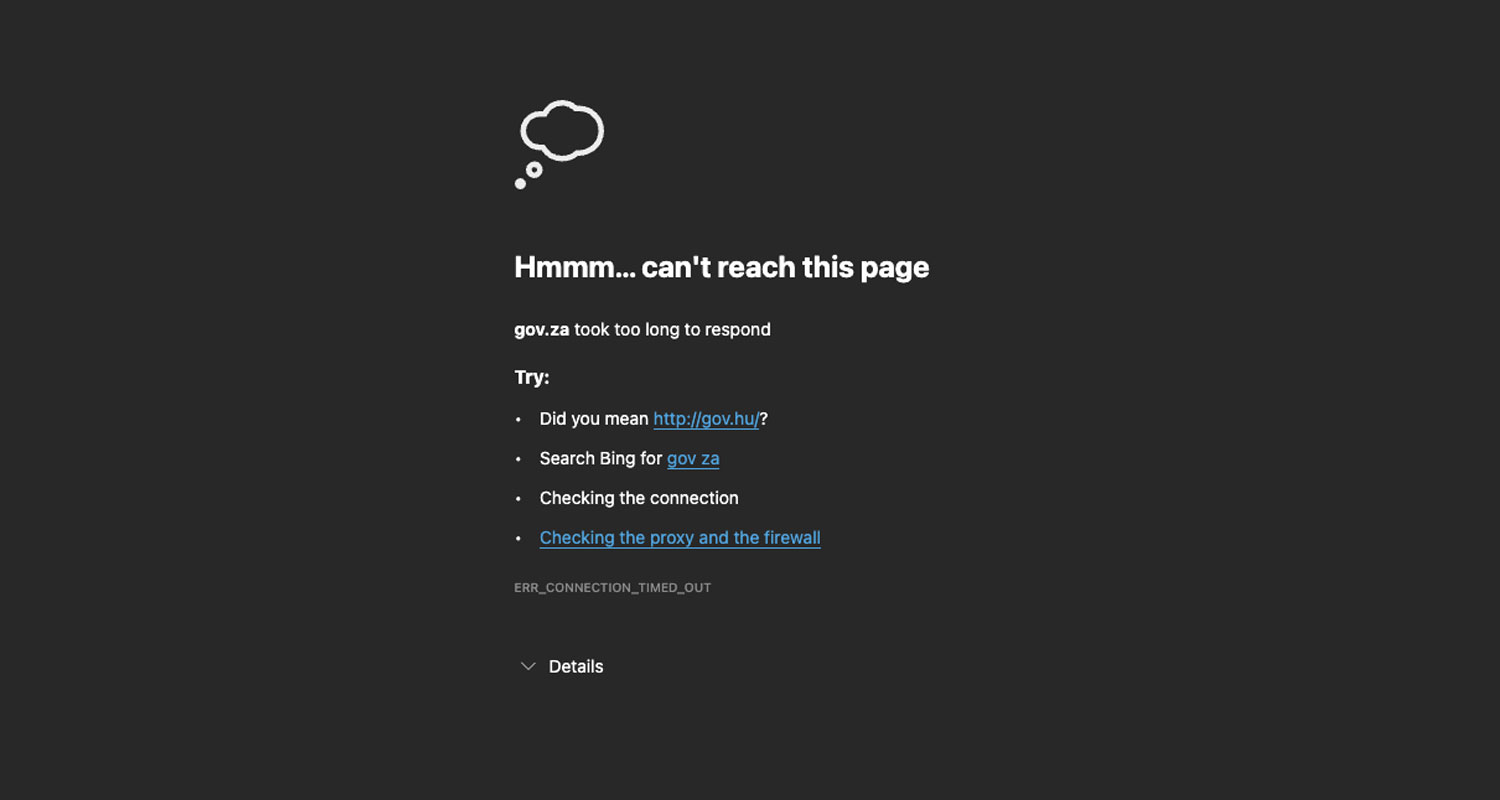The European Union (EU) has finalized the AI Act, a comprehensive regulatory framework designed to address the ethical, legal, and societal implications of artificial intelligence (AI). This landmark legislation has significant implications for employment law and compliance, affecting how organizations develop, deploy, and manage AI technologies. This article explores the key provisions of the EU AI Act and its impact on employment law and compliance.
Overview of the EU AI Act
The EU AI Act aims to ensure that AI technologies are developed and used in a manner that respects fundamental rights, promotes transparency, and mitigates risks. The legislation categorizes AI systems into different risk levels, imposing varying requirements based on the potential impact on individuals and society.
Key Provisions:
- Risk-Based Approach: AI systems are categorized into four risk levels: unacceptable risk, high risk, limited risk, and minimal risk. High-risk AI systems are subject to stricter regulatory requirements.
- Transparency and Accountability: Organizations must ensure transparency and accountability in the development and deployment of AI systems, including providing clear information about the functioning and decision-making processes.
- Human Oversight: High-risk AI systems must incorporate human oversight to ensure that AI decisions can be reviewed and contested.
- Data Governance: The Act imposes strict data governance requirements to ensure the quality, accuracy, and fairness of data used in AI systems.
Implications for Employment Law












